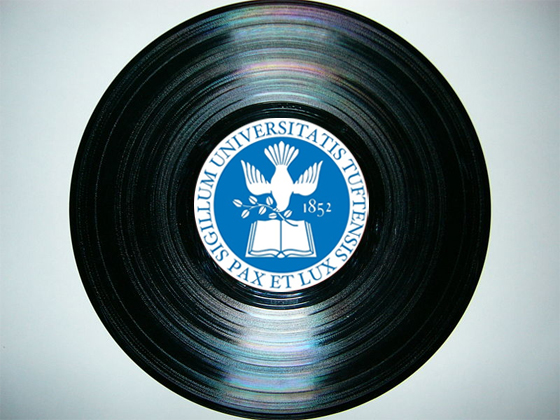The RIAA is looking for people and is willing to sweep up whomever it needs to in order to accomplish its continuing goal of punishing piracy. Under a March court order, Tufts University and other ISP’s in the district are supposed to provide a list of possible violators when not able to provide names to a “reasonable degree of technical certainty.”
MediaSentry has identified 11 IP addresses of being an interest to the lawsuit. The RIAA would like people to believe those 11 IP addresses should belong to 11 easily identifiable users. Or even close to easily identifiable. However, that is not the case.
The school assigns MAC address to individual users, but the IP addresses assigned to those MAC addresses are renewed after 10 days. Two of the IP addresses in particular could have been used by up to 40 people during the time in question.
A vice president at Tufts has written a letter to a federal judge stating the difficulty in giving up the names.
We believe, in these two instances, that it would be unfair to identify all possible individuals meeting the plaintiffs’ criteria, given the low likelihood of identifying the guilty party.
Ars Technica asked an RIAA spokesperson about the situation and got a pretty pat response:
As we do in all of our cases when issues are presented, we will work with the school to determine the most reasonable course of action to prevent further abuse of its network.
Colleges are expected (by law, that is) to soon start formalizing a set of plans to curb piracy. In the meantime, expect large, sweeping dragnets like this to continue to attract the interest of privacy advocates.
